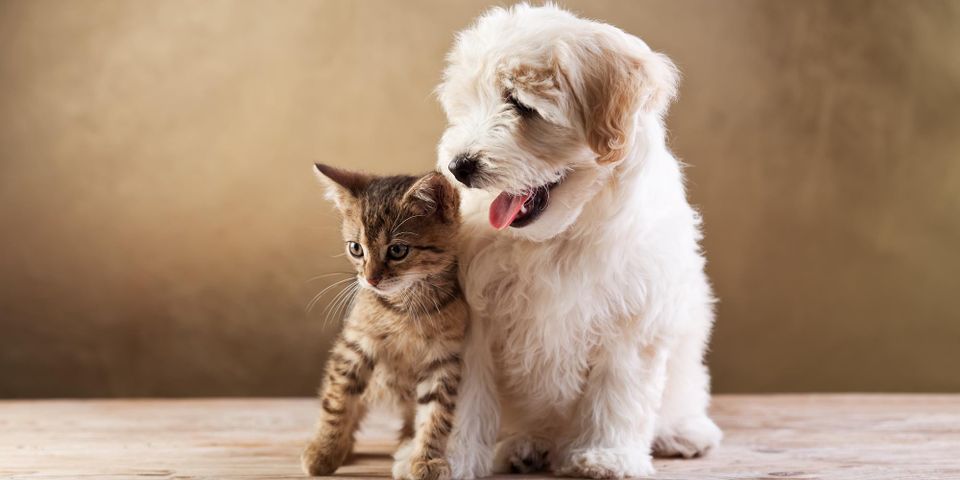4 FAQ About Estate Planning with Pets

Pets are like family members. They provide unconditional love and support when it’s needed most. Like any family member, you want them to be provided for in case you’re no longer able to take care of them. Many states, including Ohio, offer estate planning services in the form of wills and trusts to ensure your pets will still be safe and loved even if you’re not there.
A Guide to Wills and Pet Trusts
Can I put my pets in my will?
Pets can be added to your will, but with limitations. They can’t directly own property or money, so leaving them your house can’t be done. Instead, you can appoint a custodian for your pet, and leave money and property in the custodian’s name to be used for the pet’s care. For clarity, you should also state what happens to any potential money that remains after your pet passes away.
What is a pet trust?
Unlike wills, a pet trust legally obligates a trustee of your choosing to care for your pet in the precise manner you specify. Like a will, however, you can leave money and property necessary for that care in the trustee’s name. (It’s also suggested you name a second choice, if the original trustee can’t assume the responsibility). Pet trusts will also have you appoint someone to enforce the rules of the trust so the trustee can be held accountable in court if they fail in their duties.
Which pets can be covered?
Any of your pets—from dogs or cats to birds and horses—can be covered in your will or pet trust. However, pet trusts end once the final pet passes, and don’t cover any offspring the pet has who are not already mentioned in the estate planning document. In whatever estate plan you choose, you can avoid fraud by identifying your pets in detail; provide names, photos, and note any microchips they might have implanted.
What happens if I don’t set up a plan?
Without estate planning documents stating your specific instructions, intestate succession laws are used to determine who receives your money, pets, and property. In Ohio, the inheritance will go to the closest relative—a surviving spouse or any descendants (children or grandchildren), followed by parents, siblings, and cousins. If there aren’t any, your possessions become the property of the state.
If you’d like to set up a pet trust, or if you need guidance on estate planning, contact Pater, Pater & Halverson Co. Their law firm has served the people of Hamilton, Ohio with compassion and distinction for over 100 years. For a full list of their vast practice areas including probate, criminal, and personal injury law, visit their website. To set up a consultation, reach out to them at (513) 867-1411.
About the Business
Have a question? Ask the experts!
Send your question

